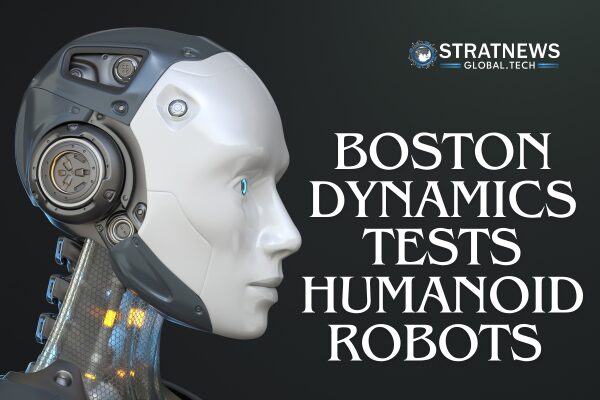Electric Humanoid Robot Targets Physically Demanding Factory Jobs
Boston Dynamics is preparing to deploy its advanced humanoid robot, Atlas, in Hyundai Motor Group’s U.S. manufacturing operations later this year. The robot will begin trial use at Hyundai’s Metaplant in Georgia, testing its capabilities in real industrial environments.
The electric version of Atlas, revealed in April 2024, is designed for high-performance tasks such as lifting heavy components and sorting car parts. Its agility and strength, enabled by custom-built motors, position it as a potential game-changer in manufacturing.
Scott Kuindersma, Senior Director of Robotics Research at Boston Dynamics, said Atlas is built to take on “ergonomically unfit tasks,” which often involve repetitive or physically taxing labour. “We’re excited to put Atlas into a Hyundai facility to prove what it can do,” he noted.
Built for the Factory Floor, Inspired by Athletes
Atlas is not just mobile—it’s athletic. It can crawl, cartwheel, and even run, thanks to its specially engineered electric motors. “Once we realised we could build our own motors to perform like elite athletes, that changed the game,” Kuindersma explained.
While long-term visions may include household applications, Boston Dynamics is focused for now on industrial settings. The initial rollout will focus on improving efficiency and worker safety in Hyundai’s production lines.
AI Integration and Industrial Impact
Kuindersma highlighted the role artificial intelligence will play in shaping future robotic performance. He pointed to large language models (LLMs) as potential tools to enhance robots’ physical reasoning. “Bridging smart reasoning and physical intelligence is the frontier we’re exploring,” he said.
Atlas is joining a growing list of humanoid robots entering the industrial space, including Tesla’s Optimus and Figure AI’s Figure 02. These robots are being tested for tasks that require adaptability and human-like movement.
Supply Chain Challenges May Affect Robot Assembly
One barrier to progress could be the limited supply of rare earth elements used in battery production. China placed new export restrictions on these materials in April, tightening access for Western manufacturers. Kuindersma acknowledged the challenge, saying the company hopes for a quick resolution to avoid delays.
As industrial robotics continues to evolve, Atlas’s deployment marks a significant milestone for Boston Dynamics and Hyundai alike—pushing the boundaries of automation in the automotive sector.
with inputs from Reuters


